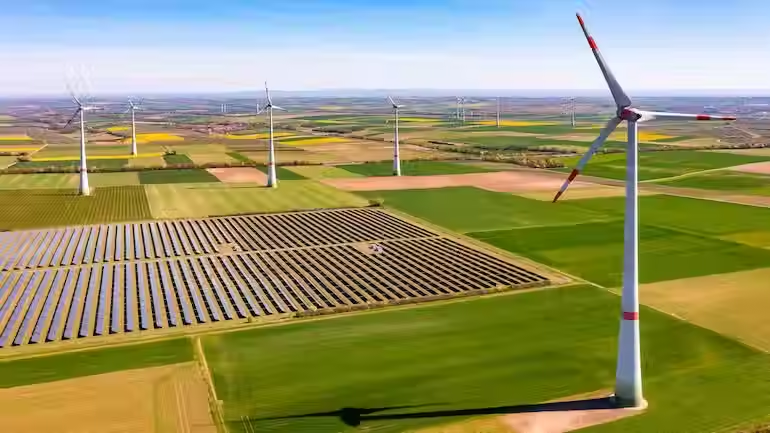Sri Lankan Meber of Parliament Criticizes Government for Contradictory Signals on Renewable Energy Policy
- Energy Box

- Jun 18, 2025
- 2 min read

A tense exchange unfolded in Parliament on Monday (June 17) as UNP Member of Parliament Ravi Karunanayake delivered a strong critique of the government’s inconsistent stance on renewable energy policy and power sector governance.
The debate was triggered by the nationwide power outage that struck Sri Lanka on February 9, which the Ceylon Electricity Board (CEB) attributed to solar power overload destabilizing the national grid.
Speaking before Parliament, Karunanayake challenged the government's contradictory actions—criticizing solar power for grid instability while simultaneously inviting international bids for 152 MW of solar projects across 18 locations. He described this as sending “mixed signals” to both domestic and international investors.
“Why promote international solar tenders while discouraging local producers?” he asked, emphasizing the urgent need for a coherent national strategy.
Karunanayake further argued that the government is failing to appreciate the full potential of renewable energy. While acknowledging that solar and wind are intermittent sources, he stressed that modern battery storage technologies can easily address these concerns and provide reliability.
He accused the administration of deliberately stalling renewable development, instead continuing to depend on oil-fired power plants—a practice he warned is draining billions in foreign exchange annually.
Highlighting another key issue, Karunanayake voiced concern over the lack of opportunity for Sri Lankan entrepreneurs in the clean energy sector.
“Local companies have already demonstrated the ability to deliver small- and medium-scale projects. Why are they now forced to compete with global giants even for modest installations?” he asked.
He proposed the adoption of a clear policy framework, suggesting that projects under 10 MW should be reserved for local investors, with larger projects open to international competition.
Karunanayake also questioned the delays in securing a Liquefied Natural Gas (LNG) supply, noting that new power plants are being approved without a confirmed fuel source—a decision he said could expose the country to future vulnerabilities.
A further point of concern was the potential rise in electricity tariffs. Although rates had been reduced two months ago under the IMF-backed cost-reflective pricing mechanism, Karunanayake warned that a price increase may be imminent, calling on the government to disclose the timing and scale of any adjustments.
In conclusion, the MP criticized the administration for shielding oil-based power generation while restricting clean energy growth.
“Wind and solar are free, abundant natural resources that require no foreign currency. They represent our best path toward energy security and economic sustainability,” Karunanayake stated.
He urged the government to embrace a clear, consistent renewable energy policy that fosters local participation and reduces dependency on costly fuel imports.














Comments